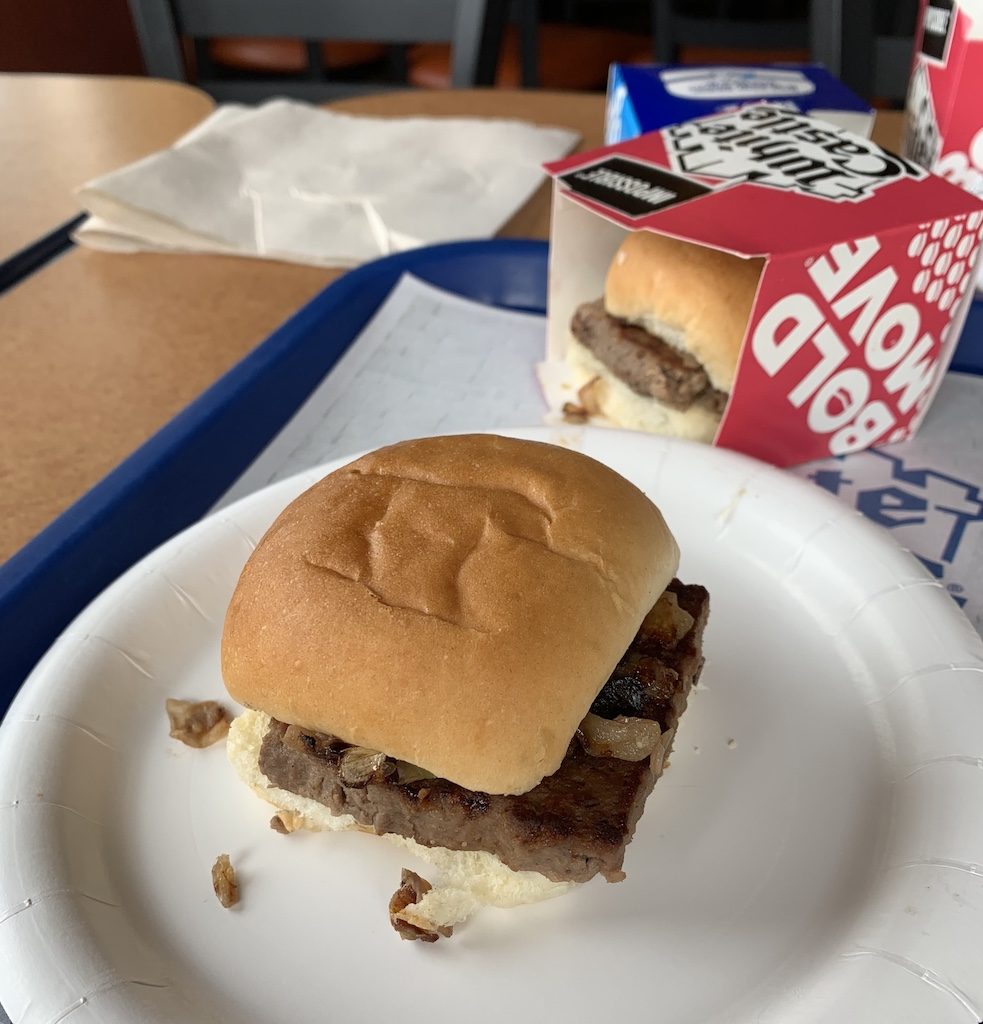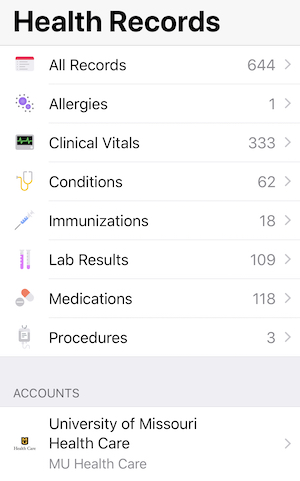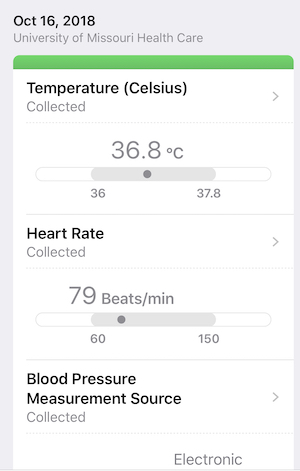“If I didn’t know what I was eating, I would have no idea it was not beef.”
Eric Bohl is Director of Public Affairs & Advocacy for Missouri Farm Bureau, the state’s largest farm organization. He drove to St. Louis to try his first Impossible Whopper at Burger King. He liked it.
“The two burgers did not taste identical, but the difference was small. The Impossible Whopper’s flavoring seemed a bit more external, as if it came more from something applied to the patty than from the patty itself. The traditional Whopper’s flavor seemed more intrinsic to the meat. That said, the difference was pretty minor. If I didn’t know what I was eating, I would have no idea it was not beef.”
“If farmers and ranchers think we can mock and dismiss these products as a passing fad, we’re kidding ourselves. This is not just another disgusting tofu burger that only a dedicated hippie could convince himself to eat. It’s 95 percent of the way there, and the recipe is likely to only get better. Farmers and ranchers need to take notice and get ready to compete. I’ve tasted it with my own mouth, and this fake meat is ready for prime time.”
Next month I will have been meat free for six years. No beef, pork or poultry. I’ve never been sure if fish is meat but I do eat fish. I haven’t been in a Burger King in years but I’m looking forward to trying the Impossible Whopper.
Update April 12, 2019 – The following is from an article by Mark R. O’Brian, Professor and Chair of Biochemistry, Jacobs School of Medicine and Biomedical Sciences, University at Buffalo, The State University of New York. A more technical explanation of some of the science behind the Impossible Burger.
“The Impossible Burger includes an ingredient from soybeans called leghemoglobin, which is a protein that is chemically bound to a non-protein molecule called heme that gives leghemoglobin its blood-red color. In fact, a heme — an iron-containing molecule — is what gives blood and red meat their color. Leghemoglobin is evolutionarily related to animal myoglobin found in muscle and hemoglobin in blood, and serves to regulate oxygen supply to cells.”
“I recruited a scientific colleague in St. Louis to try out the Impossible Whopper, and he could not distinguish it from its meaty counterpart. Although he was quick to qualify this by noting all of the other stuff on the Whopper may mask any differences.”



